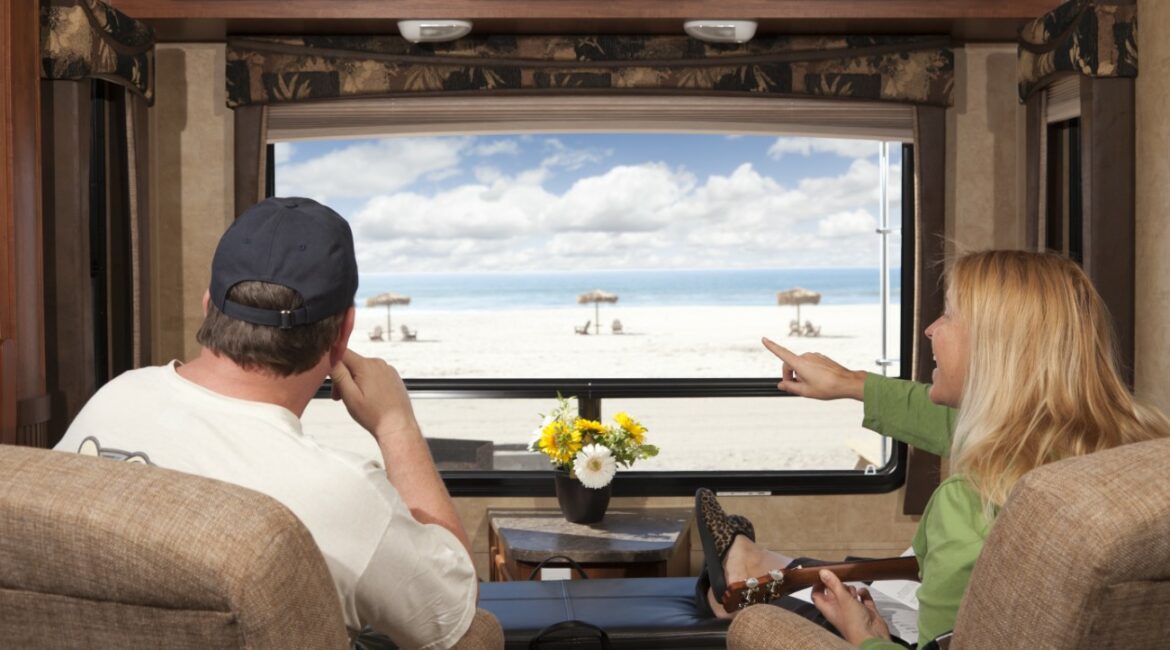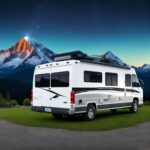When you’re out on the open road, enjoying the freedom of the RV lifestyle, having a reliable generator can make all the difference. Whether you’re camping in the wild or staying at an RV park, having a source of power can enhance your experience. In this comprehensive guide, we’ll walk you through the best generators for RV use. I’m Darren, and I’ve logged countless miles on the road in my RV. I’ll share practical insights to help you choose the right generator for your needs.
Understanding Your RV Power Needs
Calculating Your Power Requirements: Before you invest in a generator, assess your RV’s power needs. Consider the appliances and devices you’ll be running, from air conditioning units (HVAC) to refrigerators and microwaves. This will help you determine the wattage your generator should provide.
Types of Generators for RVs: There are two main types of generators for RVs: conventional (also known as open frame) and inverter generators. Conventional generators are more affordable and suitable for running high-demand appliances. Inverter generators, on the other hand, are quieter and produce clean power, making them ideal for sensitive electronics.
Fuel Type: Gas vs. Propane vs. Solar: Gasoline generators are common and readily available, but propane generators are cleaner and more fuel-efficient. Solar generators harness the power of the sun, offering a renewable energy source. Your choice of fuel will depend on your preferences and eco-consciousness.
Best Generators for RV Use
Champion 3400-Watt Dual Fuel RV Ready Generator: This versatile generator runs on both gasoline and propane. It’s equipped with a convenient electric start and is known for its reliability. The dual fuel option is fantastic for flexibility on the road.
Honda EU2200i Inverter Generator: For quiet, clean power, the Honda EU2200i is a top choice. It’s a fuel-efficient inverter generator that can handle essential appliances while keeping noise levels down. Perfect for RVers who value peace and efficiency.
Westinghouse WGen7500 Portable Generator: If you need a powerhouse, the WGen7500 delivers. This conventional generator provides 7500 running watts, making it capable of running multiple high-demand appliances in your RV.
Maintenance and Safety Tips
Regular Maintenance: To keep your generator in peak condition, perform regular maintenance such as changing the oil, cleaning the air filter, and checking spark plugs. A well-maintained generator is a reliable one.
Safety Precautions: Follow safety guidelines when operating your generator. Never use it indoors, as carbon monoxide can be deadly. Ensure proper ventilation and keep the generator away from flammable materials.
Noise Levels and Campground Etiquette: Be a considerate neighbor in RV campgrounds. Inverter generators are quieter, but no matter the type, use your generator during designated hours and maintain a reasonable noise level.
Frequently Asked Questions (FAQ)
Can I run my RV’s HVAC system with a generator? Yes, but you’ll need a generator with enough wattage to support your HVAC system. Check your RV’s HVAC power requirements and choose a generator accordingly.
How do I connect my generator to my RV? Most RVs have a built-in generator connection. If not, consult your RV’s manual or hire a professional to install the connection safely.
What’s the advantage of using a solar generator for RVs? Solar generators are eco-friendly and don’t require fuel. They can be a great choice for those looking to reduce their carbon footprint.
Choosing the right generator for your RV is a crucial decision that can significantly impact your travel experience. Consider your power needs, fuel preferences, and noise concerns when making your choice. With the right generator, you’ll have a reliable source of power, making your RV adventures even more enjoyable. Safe travels!
- A Chat with Nate and Mika, Christian Wedding Photographers - July 18, 2024
- Ultimate Guide To Playing Online Casinos - May 27, 2024
- Addiction Recovery Books Worth Reading - January 24, 2024









